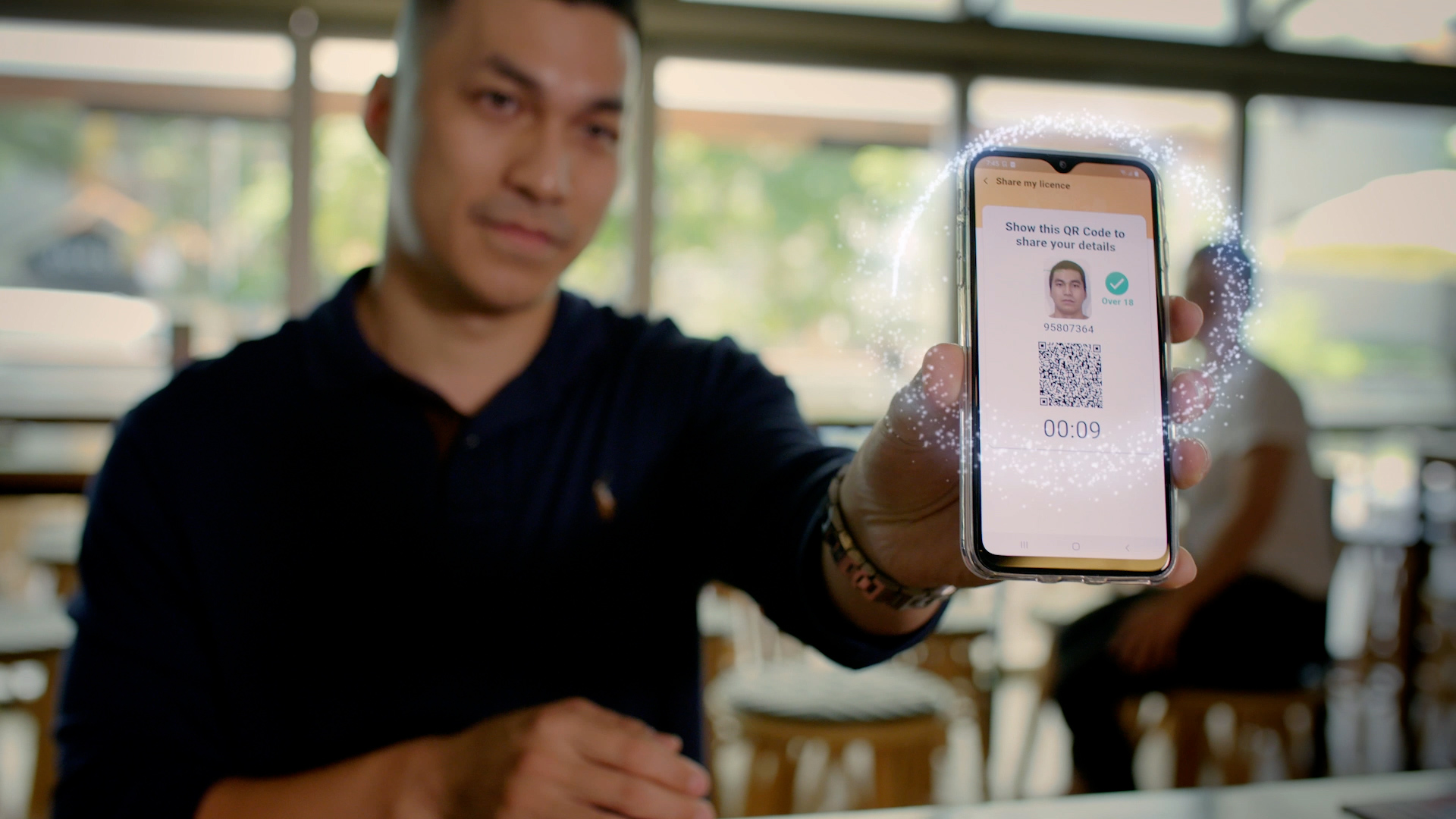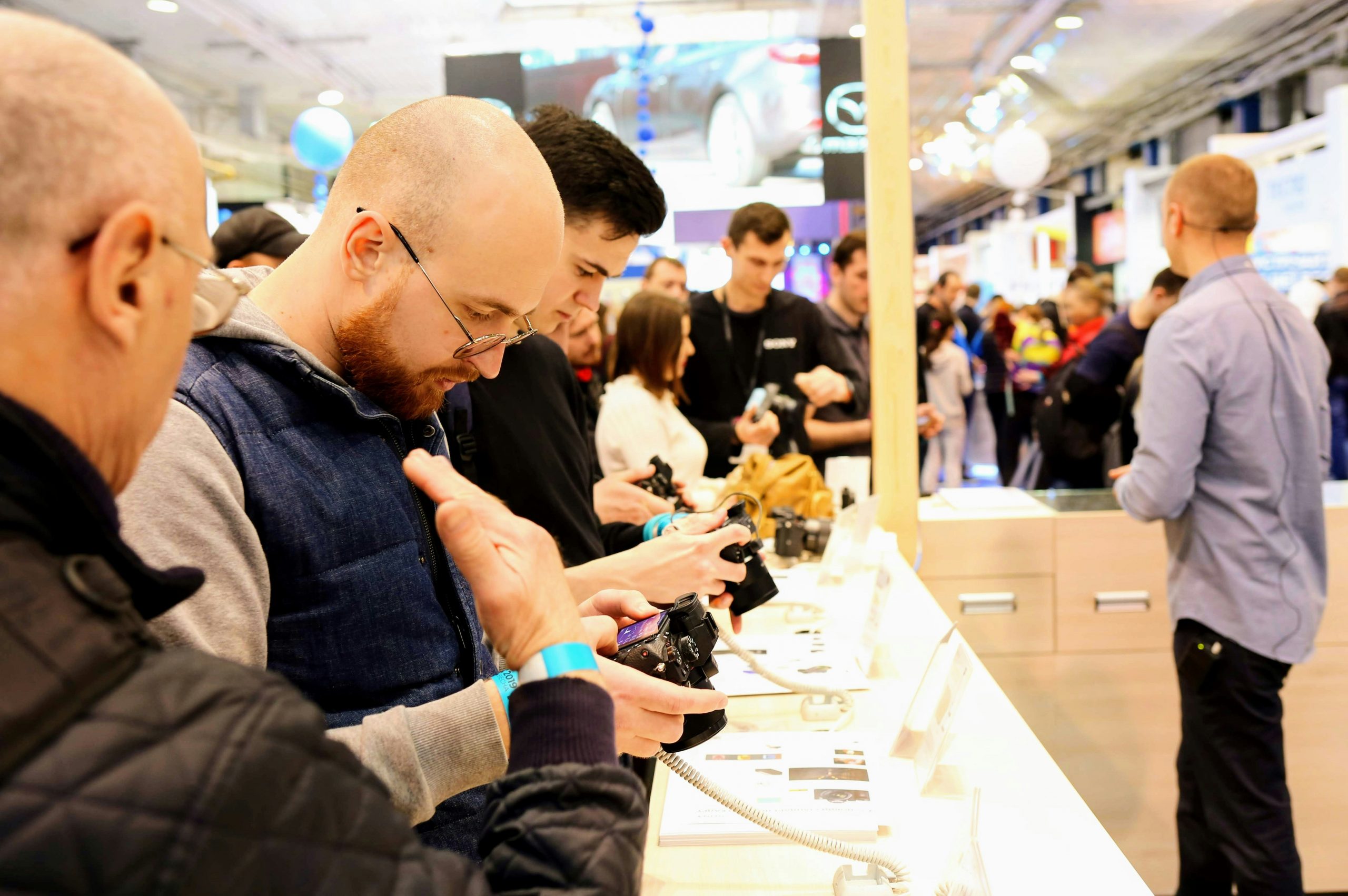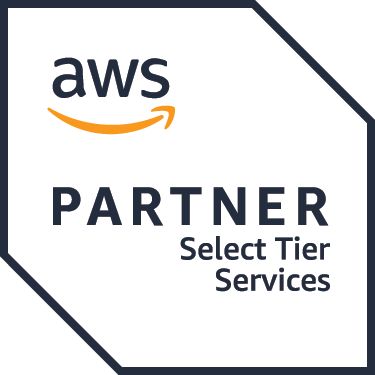Accurately verifying a customer and their credentials is crucial for a wide range of Australian businesses – not just those for age-restricted transactions like clubs, but industries including financial services and telcos.
Traditionally, these businesses have relied on physical identity documents, such as driver’s licences and passports. However, recognising the need to improve protections of customer data, ISO 18013-5-compliant digital, mobile driver’s licences (mDLs) are emerging as a secure and convenient alternative to verification of customer identity.

What is an ISO 18013-5 Compliant Mobile Driver’s Licence (mDL)?
The ISO 18013-5 standard is a global framework for mDLs, designed to maximise data security, privacy, and interoperability with international licences and global verification systems.
In Australia, only Queensland’s mDL is currently ISO-compliant. However, remaining states and territories, including New South Wales and Victoria are currently aligning their driver’s licences with these global standards.
Now businesses have opportunity to leverage ISO 18013-5-compliant mDLs to improve the efficiency and reliability of customer verification processes, and protections from data breach.
How the mDL Verifies a Customer’s Identity
A mDL is more than a digital version of a driver’s licence stored on a mobile device.
Unlike a simple digital copy or image of your physical licence, an ISO 18013-5 compliant mDL follows a globally recognised protocol that combines the highest standards of security, privacy, and cryptographic methods of verification.
Key differences between the ISO-compliant mDL and other digital licenses include:
- Encryption and security: mDLs store data in a cryptographically protected format, making it impossible to forge or tamper.
- Selective data disclosure: Unlike physical IDs, which expose all personal details, mDLs allow the licence holder to select to share only the required information (e.g., proving you’re 18+, without revealing you’re your date of birth or address). This stops unnecessary collection of personally identifiable information (PII), which increases risk of harm to customers, fines and reputational damage instance of data breach.
- Real-Time credential-checks: Unlike photocopies, mDLs can be validated instantly against issuing authorities, ensuring that credentials – such as licence status – are current and authentic.
- Contactless and interoperable: Using QR codes, NFC, or secure online authentication, mDLs can be verified without physical handling, reducing fraud risks.
Benefits of Using mDLs for Customer Verification
- Enhanced security: Unlike physical IDs, mDLs utilise encrypted data, reducing the risk of fraud and identity theft.
- Privacy protection: Customers can share only the necessary data, such as age verification, without exposing their full ID.
- Contactless verification: Businesses can verify customers online, remotely or through a contactless process, improving user experience.
- Real-time data validation: mDLs provide up-to-date identity information, unlike physical IDs, which may be outdated.
- Interoperability: The ISO 18013-5 standard ensures that mDLs can be used across different jurisdictions and industries.
How Businesses Can Use mDLs for Customer Verification
Age-Restricted Purchases & Entry to Venues
Clubs or retailers selling alcohol, tobacco, or other age-restricted products can use mDLs to verify a customer’s age without viewing unnecessary personal details.
A secure digital scan can confirm the age without revealing the full birthdate or address.
Financial Services & KYC Compliance
By law, Australian banks and financial institutions require strong verification of identity measures to satisfy Know Your Customer (KYC) compliance. mDLs allow for quick and fraud-resistant customer verification and onboarding by securely transmitting identity details to banking systems. Further, some mobile verification systems use blockchain to store and recall data, helping organisations to solve the KYC and Data Privacy Puzzle (link to other veryfyd blog).
Hospitality and Travel
Hotels, car rentals agencies and airlines can verify customer identities using mDLs, streamlining contactless check-ins while ensuring compliance with regulatory requirements.

Emerging online verification processes allow individuals to use their mDL to make online bookings or tickets, which reduces service providers exposure to fraud and improve customer services with simple scan-to-collect keys for accommodation or rental cars.
Healthcare and Telemedicine
Healthcare providers can use mDLs to verify patient identities for prescriptions, insurance processing, and telemedicine consultations, ensuring both security and patient privacy.
Event and Venue Access
Concerts, sports venues, and secure facilities can use mDLs to validate ticket holders and grant secure entry without the risk of fake or stolen IDs.
How the Verification Works with Mobile Driver’s Licences
How the Verification Process Works
- Customer Presents mDL: The customer chooses to share relevant details through their mDL app.
- Business Scans or Receives Data: Businesses use a Near Field Communicator (NFC) reader, QR code scanner, or secure online request to retrieve the required information.
- Cryptographic Validation: The data is verified using digital certificate from the issuing authority to ensure authenticity.
- Access or service granted: Once verified, businesses can proceed with transactions, access control, or service provision.
Note: Rather than simply sighting a mDL on a customer’s phone, it’s important to use verification platforms like Veryfyd to confirm their credentials. This is because, rather than simply sighting a mDL, the cryptographic validation process performs checks against digital certificates, to ensure the identity is genuine and unaltered.
Getting Started with Mobile Driver’s Licence Verification
Businesses looking to integrate mDL verification should:
- Ensure their verification system supports ISO 18013-5 compliant authentication and mDLs developed in line with this standard.
- Use certified hardware and software solutions like Veryfyd for scanning and validating mDL data.
- Train employees on privacy-preserving practices when handling digital identity verification.
- Stay updated with local and international regulatory frameworks regarding digital IDs.
The adoption of ISO 18013-5 compliant mobile driver’s licenses across Australian States and Territories represents an exciting development for businesses who need to verify customer identities and protect customer data.
By leveraging this globally-recognised technology, businesses can simultaneously enhance security, improve customer experience, and streamline workflows. As mDL adoption grows, organisations that implement future-proof identity verification solutions like Veryfyd will gain a competitive edge where customer trust, data security and efficiency are crucial.
For a demonstration of Veryfyd, visit the website and contact the team today: veryfyd.com.au.






